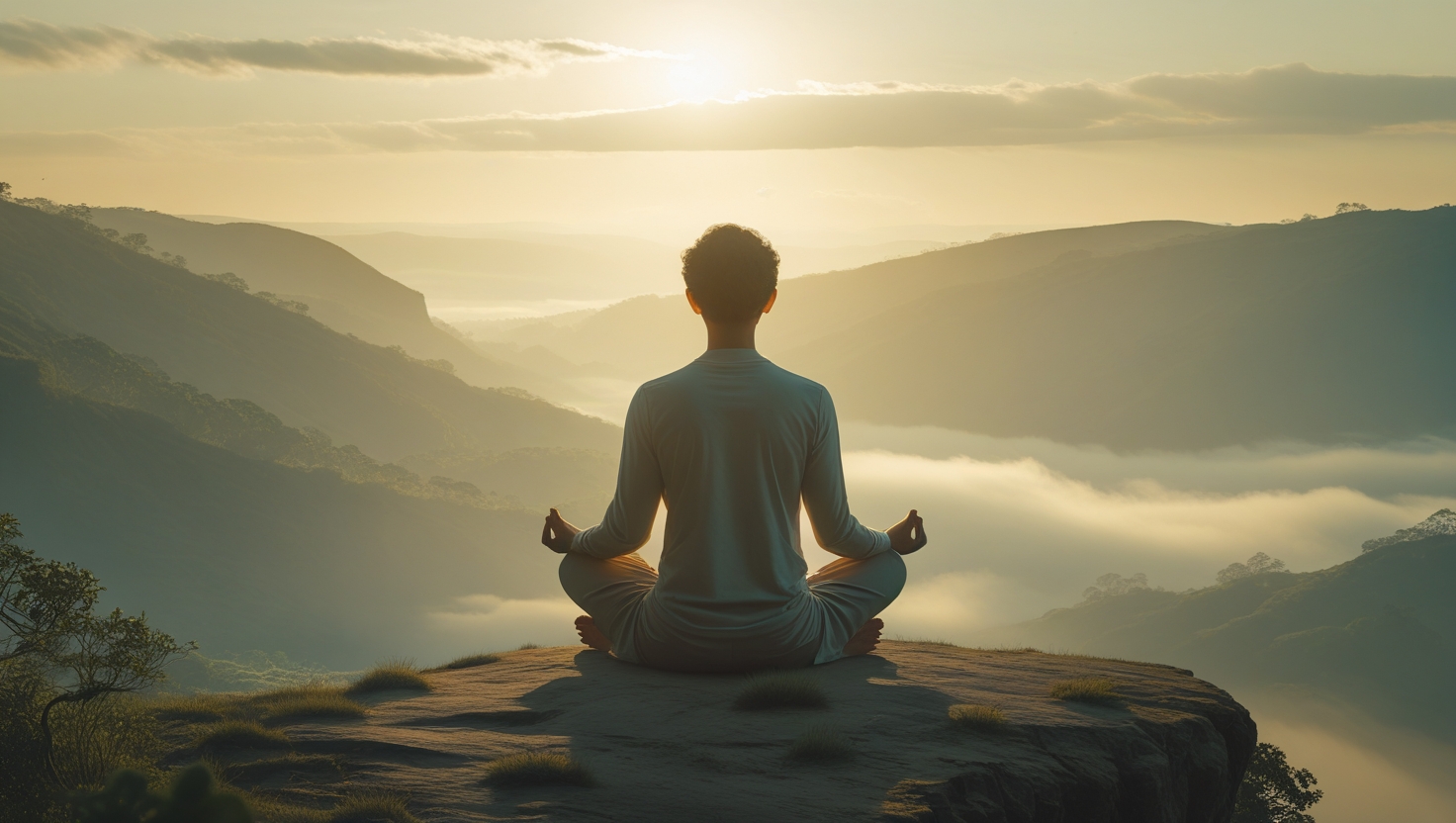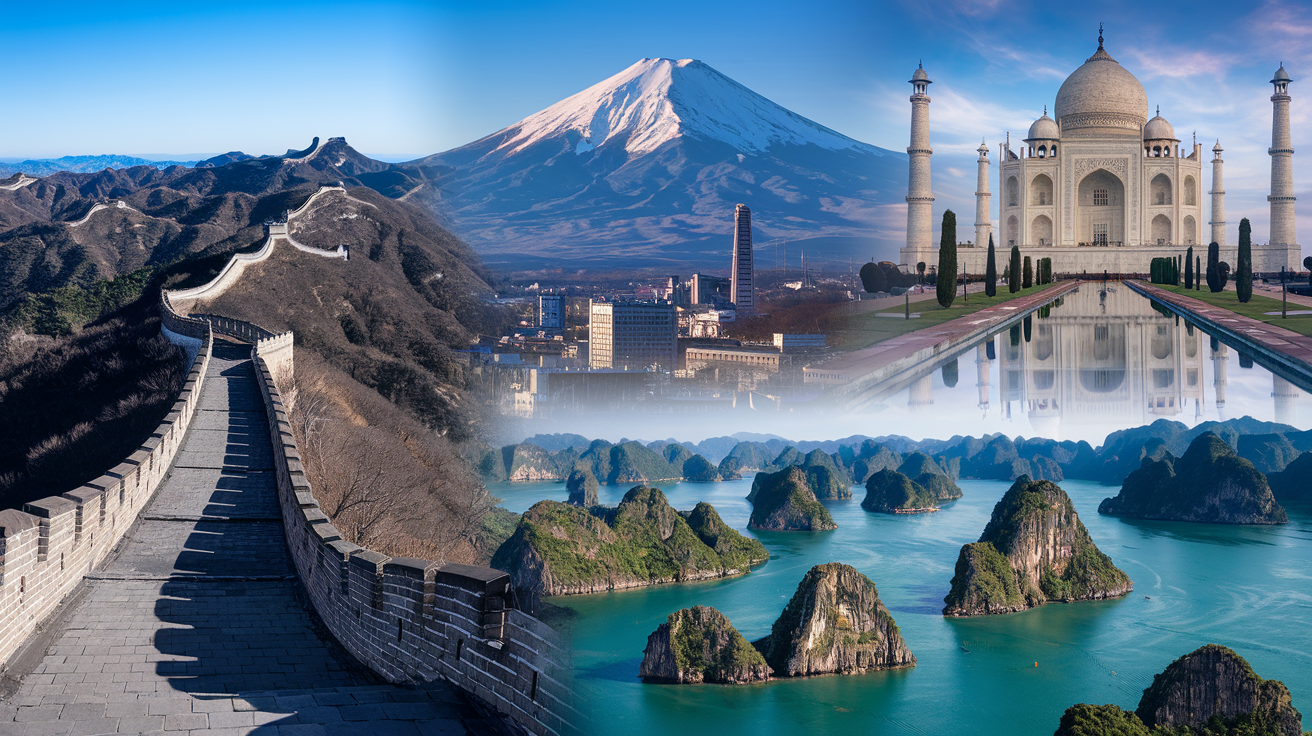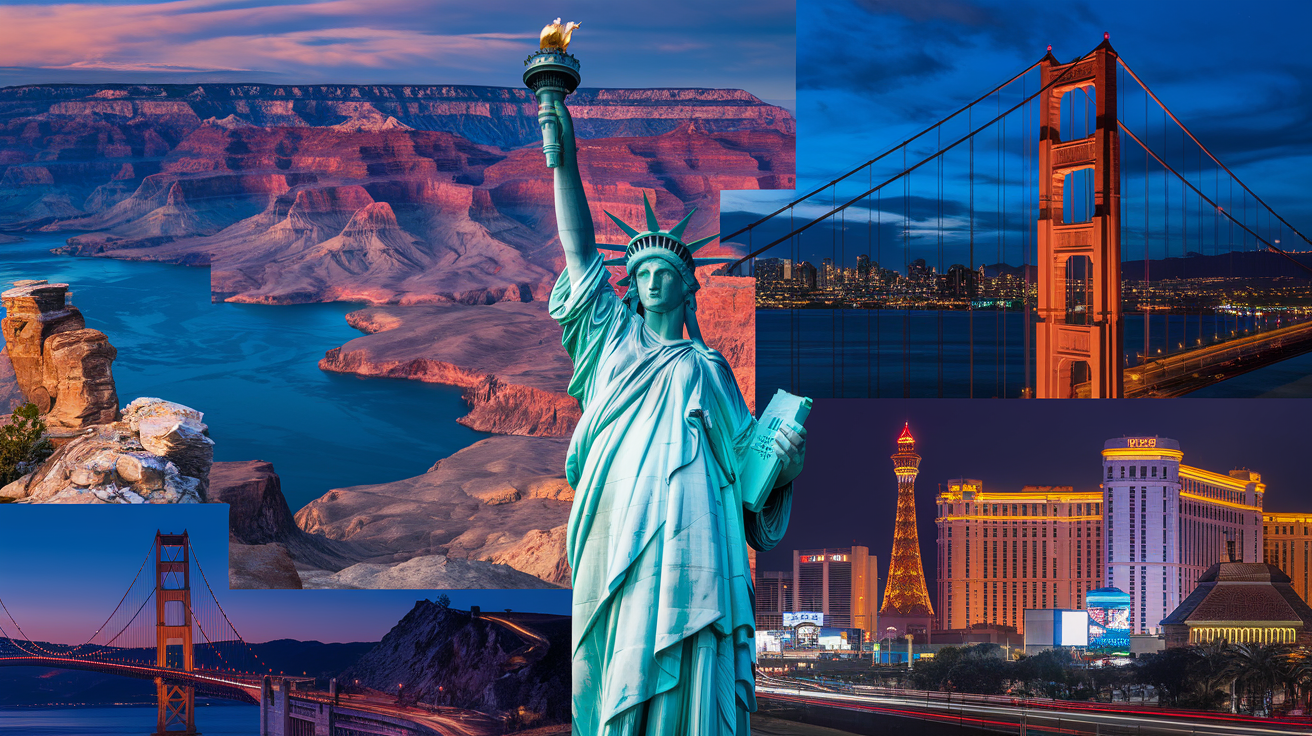
In an increasingly connected world, silence and solitude are often seen as uncomfortable or undesirable. Yet, throughout history, solitude has served as a crucible for self-discovery and personal growth. In moments of quiet reflection, we can confront our true selves, explore our passions, and shape our identities.
Solitude is a deliberate choice to spend time alone, away from distractions and external influences. Unlike loneliness, which is marked by a longing for connection, solitude is characterized by contentment and a focus on inner exploration.
Solitude allows us to peel back the layers of societal expectations and external pressures. It creates space to reflect on who we are, what we value, and what we want from life.
Quote:
“In solitude, the mind gains strength and learns to lean upon itself.” — Laurence Sterne
In the quiet of solitude, we face ourselves without distraction. This "mirror" effect helps us:
When we are alone, we are free from the influence of others. This freedom fosters authenticity and helps us discover our true selves.
Example:
The philosopher Søren Kierkegaard often emphasized solitude as a means of finding one’s authentic self, arguing that societal pressures obscure individuality.
Psychologist Erik Erikson’s theory of psychosocial development highlights the importance of identity formation, particularly during adolescence and young adulthood. Solitude plays a key role in this process, as it provides the space needed to explore personal values and beliefs.
Psychologists have long recognized introspection as a critical component of self-discovery. Solitude fosters introspection by removing external distractions, allowing us to:
Neuroscientists have identified the default mode network (DMN), a brain network that becomes active during rest and introspection. This network plays a crucial role in self-referential thinking, making solitude a fertile ground for self-discovery.
Throughout history, countless visionaries have sought solitude as a means of self-discovery and creation.
Thoreau’s two years at Walden Pond were a deliberate experiment in solitude. In his book Walden, he reflects on the simplicity and clarity he found in isolation, which helped him understand himself and his place in the world.
Lesson:
Solitude allows us to strip away life’s distractions and focus on what truly matters.
Woolf famously wrote about the need for “a room of one’s own,” advocating for solitude as essential for creativity and self-expression. Her time alone enabled her to explore her identity and produce groundbreaking literary works.
Lesson:
Solitude is a sanctuary for exploring and expressing our inner thoughts.
Mandela’s 27 years of imprisonment provided an extended period of solitude. He used this time to reflect, grow, and deepen his commitment to justice, emerging as a stronger and more self-aware leader.
Lesson:
Solitude, even in adversity, can be a powerful force for transformation.
Time alone allows us to step back from the noise of daily life and gain a clearer perspective on our goals, challenges, and values.
Solitude provides a safe space to confront and process emotions, leading to greater emotional intelligence and resilience.
Many creative breakthroughs occur in solitude, where the mind can wander freely and make unexpected connections.
Regular periods of solitude help us understand our motivations, desires, and fears, leading to a more coherent sense of self.
Despite its benefits, solitude can be challenging, particularly in a society that values constant connectivity.
Many people equate silence with discomfort, avoiding it at all costs. However, learning to sit with silence is a skill that pays dividends in self-discovery.
Solitude is sometimes perceived as antisocial or unproductive. Reframing solitude as a form of self-care can help overcome this stigma.
For some, solitude can trigger feelings of loneliness. Balancing alone time with meaningful social connections is essential.
Writing down your thoughts, feelings, and experiences is a powerful way to explore your inner world.
Prompt Ideas:
Meditation helps quiet the mind and create space for self-awareness. Start with just 5-10 minutes a day to observe your thoughts without judgment.
Spending time alone in natural settings fosters introspection and connection with oneself.
Set aside uninterrupted blocks of time for focused, meaningful activities like reading, painting, or problem-solving.
Reduce digital distractions by designating tech-free zones or periods during your day.
In a fast-paced, hyperconnected world, solitude is more important than ever. It serves as a counterbalance to constant stimulation, helping us:
Solitude retreats, such as silent meditation retreats or remote cabin stays, have gained popularity as people seek respite from modern life.
While solitude is essential, it should complement—not replace—meaningful relationships. A healthy balance ensures we gain the benefits of solitude without becoming isolated.
Solitude is not a luxury; it is a necessity for self-discovery and personal growth. By embracing silence and alone time, we create the space needed to reflect, explore, and shape our identity.
Whether through journaling, meditation, or simply sitting in quiet reflection, solitude offers a powerful path to understanding who we are and who we want to become. In the words of Rainer Maria Rilke:
“The only journey is the one within.”
Let solitude be your guide on this journey to self-discovery.














